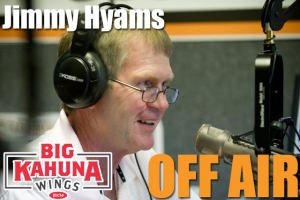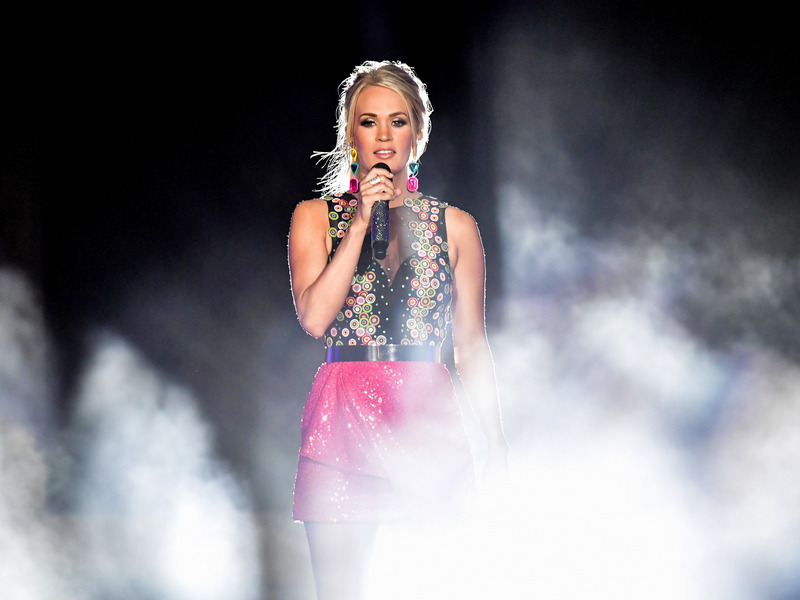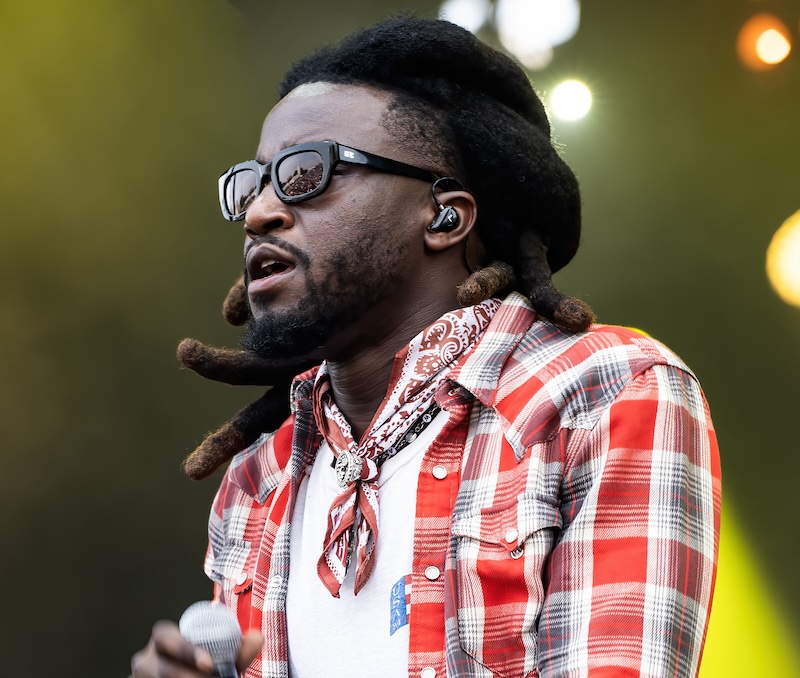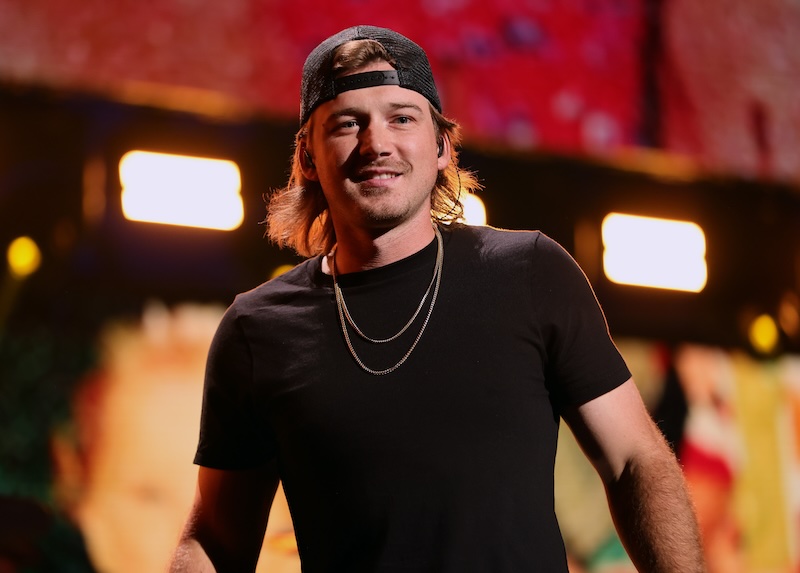
By Jimmy Hyams
The purse for the ninth annual Knoxville Challenger is being increased 50 percent to $75,000 and promises to once again display an array of promising up-and-coming stars.
The event is set for Nov. 7-12 at the Goodfriend Indoor Tennis Center with qualifying held two days before the main draw begins.
The field has included such talents as John Isner, James Blake, Sam Groth, Donald Young, Steve Johnson, Jack Sock and local products and/or Tennessee players Rhyne Williams, Tennys Sandgren, J-P Smith, Hunter Reese and Mikelis Libietis. Reese and Libietis won the Challenger doubles title in 2014.
Tournament chairman Adam Brock pointed out you often see 15 to 20 players that came through Knoxville that will play in one of the four men’s events.
Not only did the most recent Wimbledon have over 20 Knoxville Challenger participants in the field, but former Challenger winner Adrian Mannarino of France defeated No 15 seed Gael Monfils in the third round in a five-set upset.
This year, the Challenger will exceed $1 million in donations to the Helen Ross McNabb Center, which benefits those with mental illness and addiction.
The Challenger had 66 sponsors in its first year and netted about $64,000. Last year, it had 227 sponsors and netted a record $164,335. The eight-year total is $920,882.
The financial success of the tournament has been astounding. When the event was renewed in a different format in 2009 (it had been held off and on for several years before that) the USTA had 29 Challenger events nationwide. Now there are 16, and only one turns a profit.
“The reason, unquestionably, is the collaboration with Helen Ross McNabb, a non-profit,’’ said Howard Blum, a Challenger board member and former tournament chairman.
Not only has the tournament done well financially, it often draws in excess of 600 patrons for night and weekend sessions.
Blum said the partnership with the University of Tennessee (which allows the tournament to be held at its indoor courts), a productive committee and a bevy of benevolent sponsors have sparked the success.
The USTA provides 60 percent of the total purse. That figure was $30,000 the past nine years. It will increase to $45,000 this year. That means local organizers are responsible for $30,000 this year, up from $20,000.
Big Kahuna Wings: The wings that changed it all




















